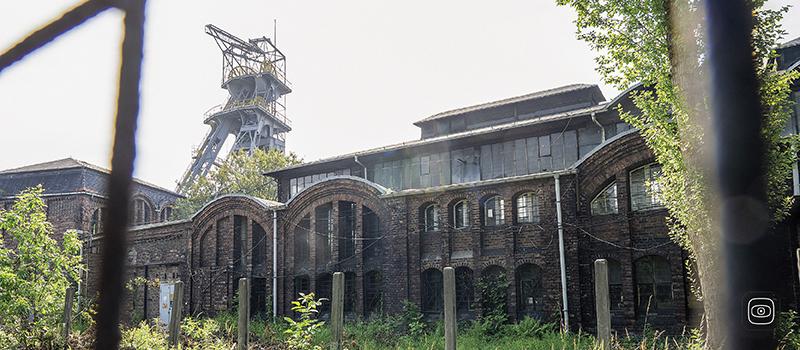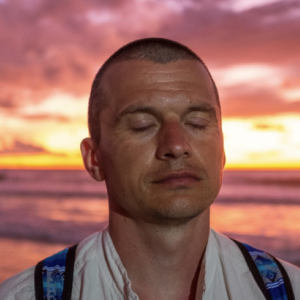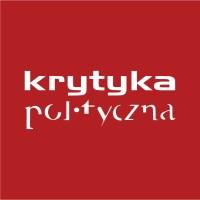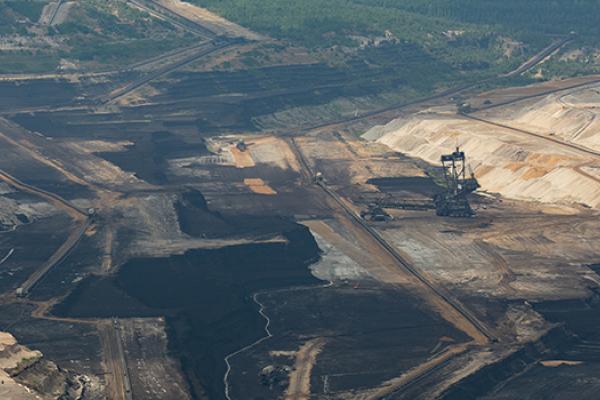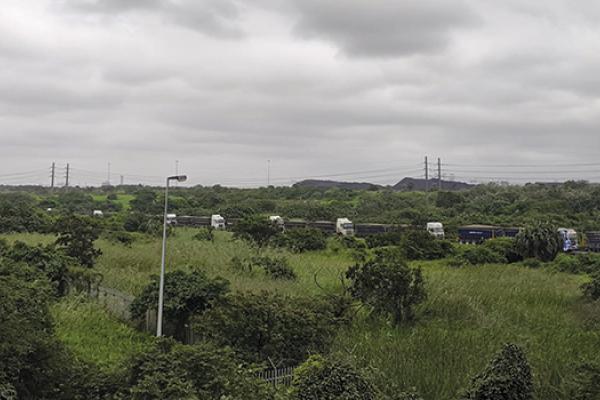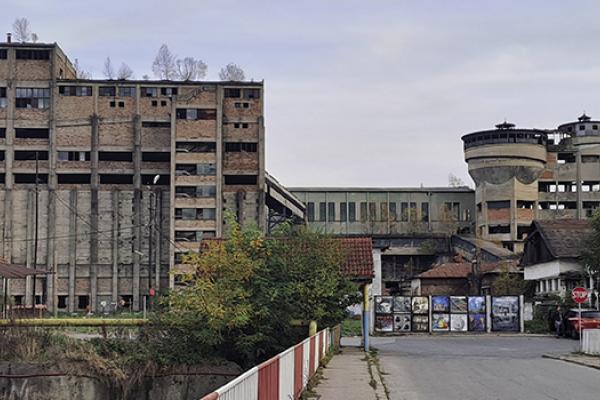The Czech Republic and Poland have pledged to phase out the last coal mines within a few years. The Polish region of Silesia and the Czech town of Karviná have both been historically dependent on coal mining. The OKD and ČSM mines and the Jas-Mos coal mine employ thousands of people. The journalists investigated how money from the EU fund is being, or will be, redistributed, and what additional instruments are being used to support a just green transition.
What has failed and what has succeeded so far? The team points to uncertainty and fear among people currently working in the fossil fuel industry. And with them, a growing mistrust of the state and its institutions, as they fail to provide a smooth transition from one job to another.
In Silesia, the closure of the 'Makoszowy' mine in 2016 left miners feeling betrayed by the government's failure to effectively reuse land and resources. While unions won some protection for miners, administrative workers were left without support. However, the transformation of the Nikiszowiec district of Katowice into a vibrant area shows the potential for success when the community is involved.
In Karviná, the impending closure of the ČSM mine underscores the town's struggle to redefine itself. The town faces wider socio-economic challenges such as job losses and population decline, compounded by a strong cultural attachment to coal mining. Efforts to repurpose mining areas are ongoing, but progress is slow, with locals torn between nostalgia and the need for change.
Both regions illustrate that a fair transition away from coal requires not only investment, but also time, empathy, and active community involvement. The successes and challenges in Silesia and Karviná offer valuable lessons for other coal-dependent regions navigating the shift to a green economy.
Photo: Jakub Szafranski
